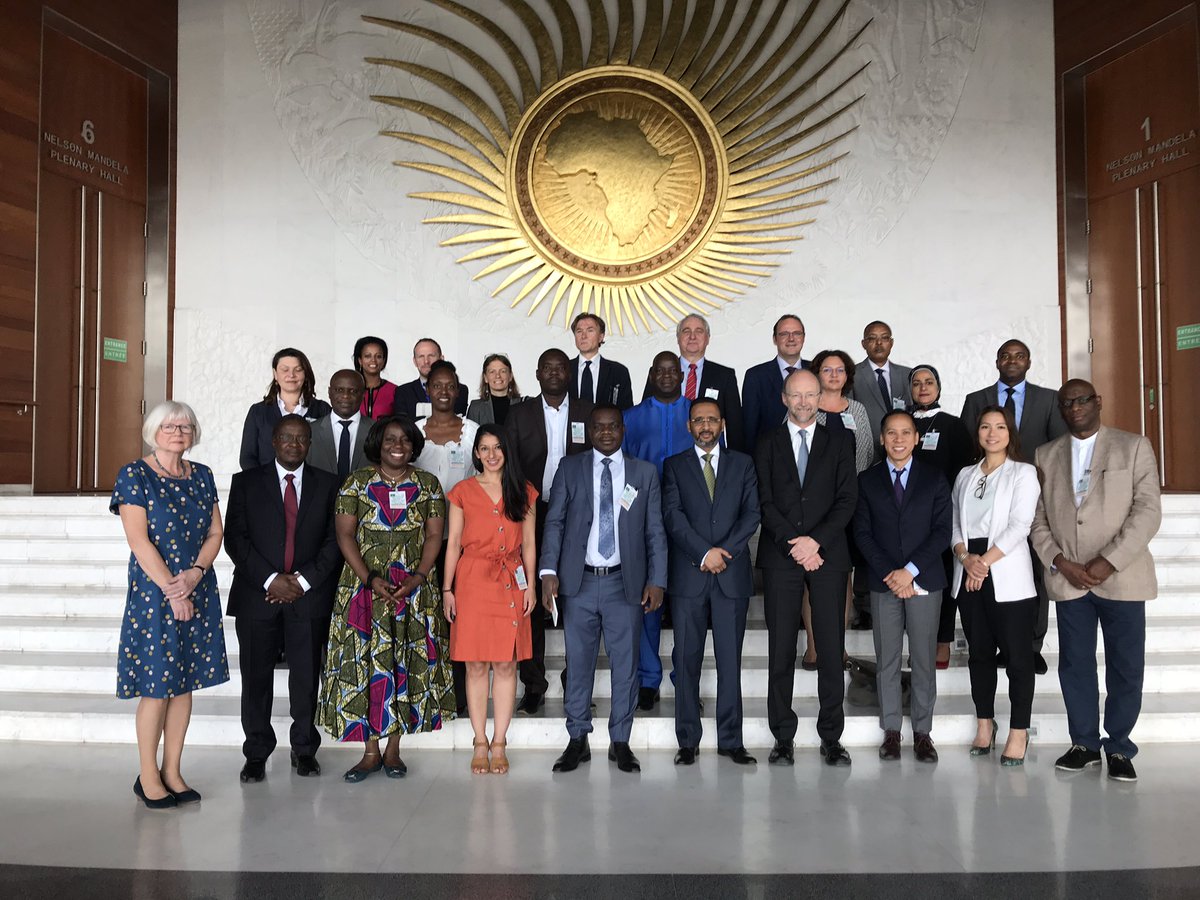Collaboration for safer roads in Africa

date: 01/08/2019
Africa faces three urgent challenges: the highest rate of road fatalities worldwide; an unprecedented rate of urbanisation; and the highest transport costs in the world. Despite having only 2.3 % of the world’s vehicles, in 2016, 650 people died on Africa’s roads every day – which is 266 deaths per million inhabitants per year.
Motorcyclists, pedestrians and cyclists are disproportionately represented among the victims, as they are often overlooked in road planning and operation. Low safety standards for vehicles, weak enforcement of safe behaviour, such as wearing seat belts, and a lack of reliable data add to the challenges that Africa’s policymakers are facing.
Action to save lives
A recent source of policy support has been the Road Safety Cluster of the Africa-EU Task Force on Transport and Connectivity, part of the Africa-Europe Alliance for Sustainable Investment and Jobs announced by the European Commission in 2018.
A series of three meetings under the task force were held in Brussels in March 2019, in Addis Ababa in May 2019 and again in Brussels in July 2019. Representatives from the European Commission, the African Union Commission and stakeholder organisations discussed reviewing transport legislation frameworks, adequate road safety funding and policies and action plans.
The group’s conclusions recommended action in four main priority areas – road safety management and data collection, infrastructure safety, vehicle safety and the safety of road users – where such recommendations could be made. These range from “high level” commitments – for example on the establishment of an African road safety observatory or ratification of the African Road Safety Charter – to concrete fundable projects like twinning arrangements for traffic police.
Pan-African initiatives
The task force complements existing African and EU initiatives for safe transport infrastructure and services. In 2011, African Ministers of Transport adopted the Africa Road Safety Action Plan, which aims to reduce road traffic crashes by 50 % by 2020. In 2016, they adopted the African Road Safety Charter to create a pan-African political framework for road safety.
African capacity to improve road safety is also increasing through EU-African projects. A key example is the Safer Africa project (www.saferafrica.eu) to set up a long-term EU-Africa knowledge-exchange and training platform. Data collected under the project will feed into the future African Road Safety Observatory.
